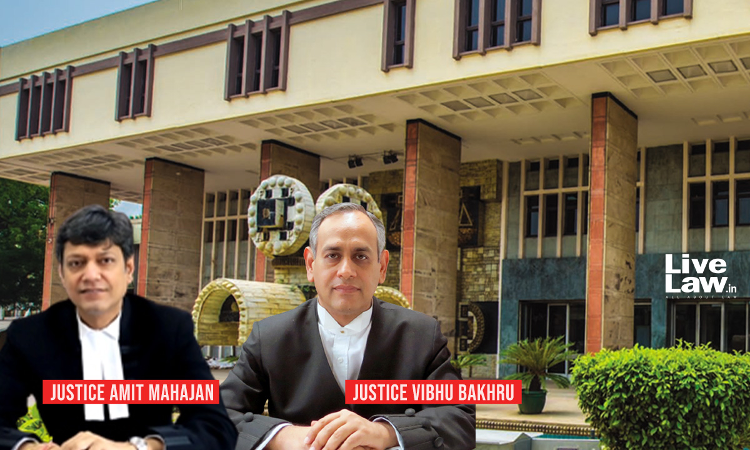Award On Damages Cannot Be Sustained Just On Penalty Clause In Agreement: Delhi High Court
ausaf ayyub
5 Oct 2023 12:00 PM IST

Next Story
5 Oct 2023 12:00 PM IST
The Delhi High Court has held that an award of damages based on no evidence of loss cannot be sustained on the basis of a penalty clause in the agreement. The bench of Justices Vibhu Bakhru and Amit Mahajan held that mere presence of a clause providing for liquidated damages does not dispense with the requirement of proof of loss from a party claiming damages. The Court held that...
